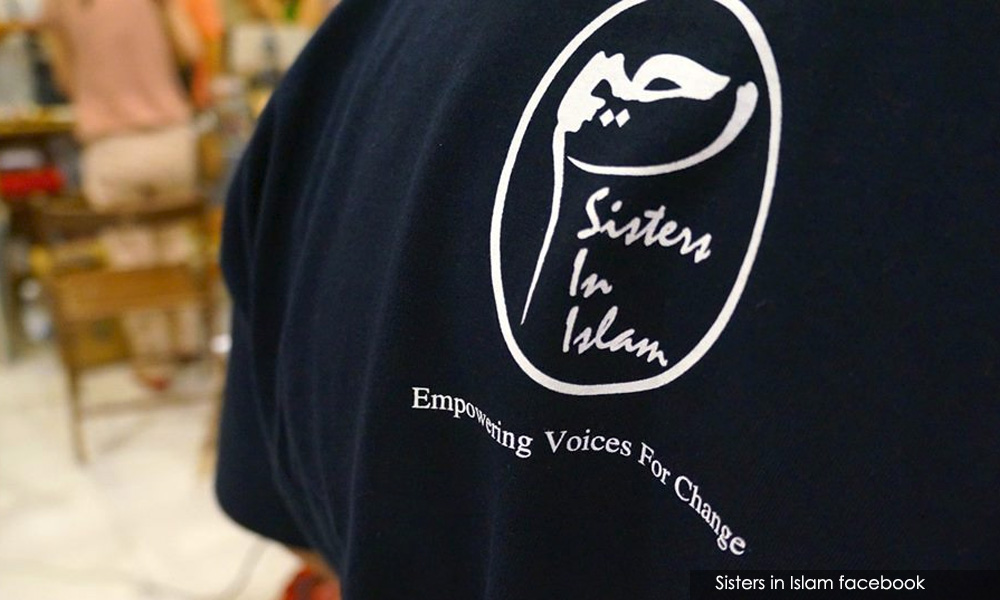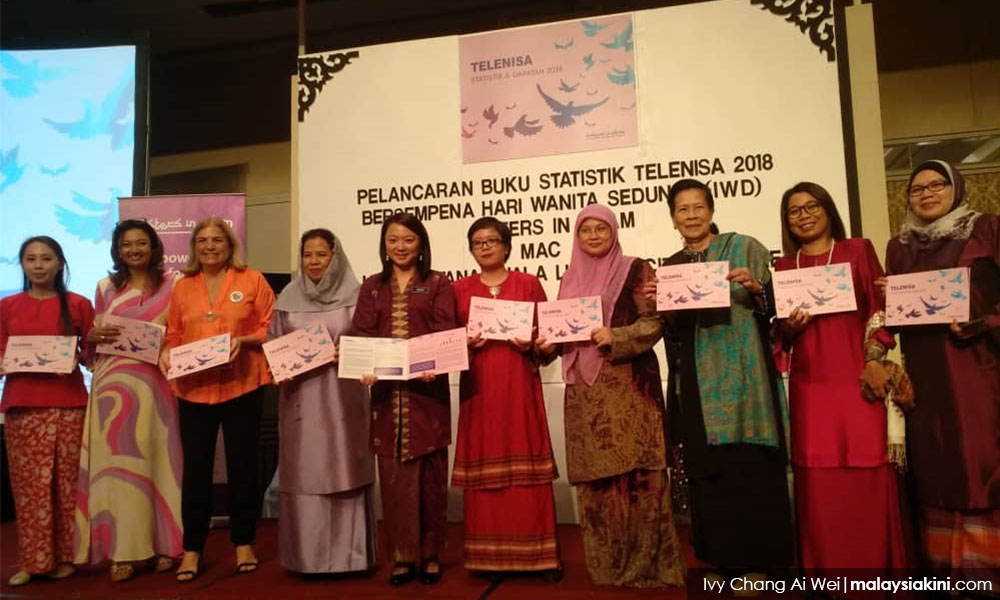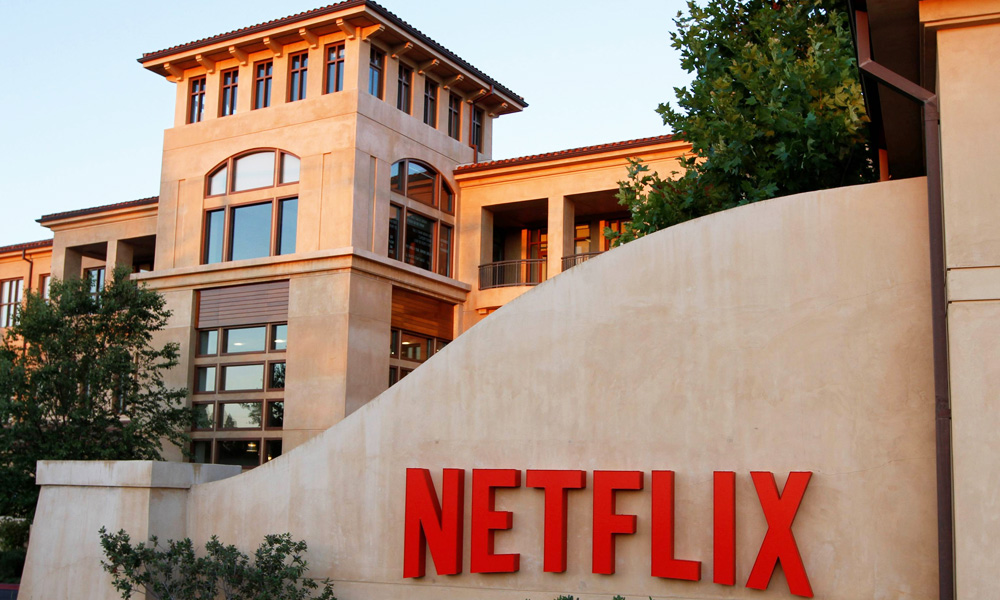
“Fearlessness in those without power is maddening to those who have it.”
- Tobias Wolff, This Boy's Life
Howard Lee’s rather opaque article on how extremism was an impediment to nation-building is the problem with Establishment politics in this country. I have often argued that “religious extremism” is the existential threat facing this country, but this is not what Lee’s article was about. In fact, this is the kind of propaganda that clouds issues when it comes to Harapan’s racial and religious politics.
Let me give you an example. Petaling Jaya MP Maria Chin recently chided PAS for questioning the Harapan government’s allocation of funds to Sisters in Islam. Deputy Women, Family and Community Development Ministry Minister Hannah Yeoh – who was queried by the PAS political operative on the funding – said the government did the right thing in providing an allocation to SIS. What we are talking about here is encouraging a different Islamic narrative.
When the government funds Islamic schools and funds the Islamic bureaucracy only, they are encouraging a specific kind of narrative. Allocating funds is the first step to encouraging a plurality of voices when it comes to religion. What would have been great is if Mujahid Rawa, the Islamic affairs minister, had a meet-and-greet with representatives from SIS, thus legitimising their social work in the Islamic context.
This would be a far better method of battling the “extremism” Howard talks about. Instead, Mujahid Yusof Rawa finds someone like Zakir Naik “inspirational,” and does not attempt to set a moderate agenda for the Islamic bureaucracy in this country. Umno, when it was in power, created a policy for the Islamic bureaucracy and used it for its own purposes.
So, is “extremism” solely perpetuated by the likes of Umno/PAS? This is where spiels by political operatives pushing a certain type of New Malaysian identity contribute to the extremism in this country. What new Malaysia needs is a marketplace of ideas. The propaganda organs of the state – it pains me to write something like this – should be a platform for alternative Islamic narratives.

Sisters in Islam, with their free Telenisa legal clinic, is part of a hidden Islamic narrative that could be used as a counterpoint to the kind of establishment religious narratives that Harapan political operatives claim they want to move away from. Can you imagine the potential if something like Telenisa was given national coverage on state-owned media?
“One of their ideas is to have more Telenisa mobile clinics, which would send more teams of counsellors and volunteers to visit low-income communities to spread awareness on domestic violence, women's rights in marriages and to offer legal advice.
“Another proposal is to employ more experts to sift through data to spot trends in Telenisa cases to help the ministry come up with better laws or amendments.”
As it is, there is no marketplace of ideas in Malaysia when it comes to race and religion.
What is the difference between the MP talking about how Netflix has LGBTQ elements that could disturb a certain segment of the population, and Mujahid talking about how the women’s right march was hijacked by LGBTQ elements, and the police investigating the organisers of the march for sedition?
Actually what the government is doing in this instance is worse then fretting over the LGBTQ themes on Netflix.

Howard argues that the racial and religious narratives coming out of Umno/PAS (although he does not mention them) are an impediment to nation-building. Howard is wrong. The “extremism” which is impeding nation-building is the lack of political will from Harapan. It is the supine reaction from Harapan towards the racial and religious provocations of Umno/PAS.
Howard writes: “Unsuspecting members of the public could easily be entrapped by this rhetoric and become victims of misinformation, and end up helping to spread extremist narratives.” Howard should give some examples of how “unsuspecting” members could be caught up in the racial and religious rhetoric of certain quarters.
As far as I can tell, Harapan and Umno/PAS are playing the same racial and religious game, but the Umno/PAS combo is doing a better job. They are not constrained – yet – by non-Malay expectations. All they have to do is bang the drum and people will come to them. Why? Because we get non-Malay political operatives claiming that Umno/PAS are Taliban. This muddies the waters.
I talked about the futility of this kind of rhetoric here: “ Firstly, the Taliban ideology is not anathema to the mostly conservative Malay base that Bersatu wants to court. Secondly, it gives the far right the opportunity to claim this as another instance of the DAP not respecting Islam. There is no dissonance in these statements because the base that Umno/PAS represents, and which Bersatu and the other Malay powerbrokers in Harapan want, has no problem believing the DAP is insulting Islam, while believing that there is nothing wrong with the Taliban ideology.”
However, it is more than just playing the game strategically. “Extremism” flourishes for a variety of reasons. But the kind of domestic extremism that Howard is talking about, is not the geo-political problem he erroneously links it to. The reality is not that Harapan is facing an extremist threat, but rather the foundations of mainstream Malaysian politics have extremist elements.
Instead of inspiring young people and advocating an inclusive policy, what the Harapan government seems to be doing is conforming to an agenda set out by Umno/PAS, while the non-Malay political operatives keep silent and occasionally write about how “extremism” is an impediment to nation-building.
Harapan has the power, if not the majority support. It should exercise that power. Encourage alternative narratives and make sure the rural heartlanders are exposed to it with the propaganda organs of the state. When Harapan caves in to Umno/PAS religious demands, people see weakness. They see that Umno/PAS are better at protecting Islam than the weaklings who talk big, but ultimately dance to the tune of Umno/PAS. Even when it comes to backing a non-Malay political operative, Harapan's Malay political operatives are scared to do so.
Imagine what would happen if the federal government had the kind of gumption that Umno/PAS have. Imagine if they decided to offer narratives which they believed in as fervently as those in PAS? Imagine if the discourse was not controlled by the far right?
No, Howard, extremism is not an impediment to nation-building. It is the complete lack of political will in encouraging a plurality of religious voices, the mendacity of propagating ideas which are not grounded in policy, and hiding behind realpolitik when pressed to fulfil election promises.
S THAYAPARAN is Commander (Rtd) of the Royal Malaysian Navy. A retired barrister-at-law, he is one of the founding members of the National Patriots Association. - Mkini
No comments:
Post a Comment
Note: Only a member of this blog may post a comment.